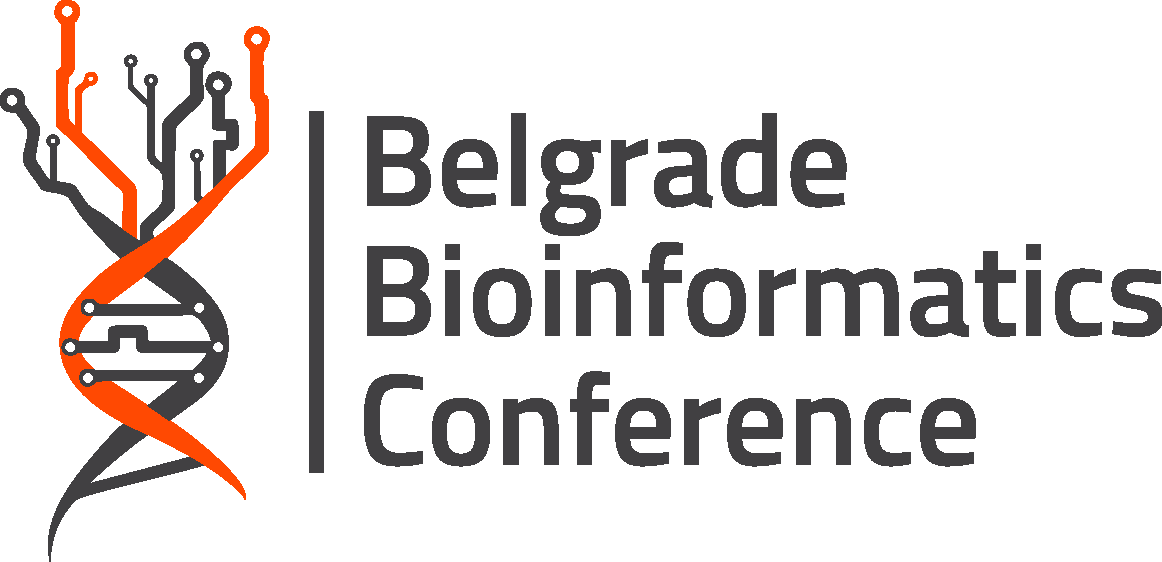Skakić A1*, Parezanović M1, Pavlović Đ1, Stevanović N1, Anđelković M1, Klaassen K1, Ugrin M1, Komazec J1, Spasovski V1, Đorđevic M2, Pavlović S1, Stojiljković M1
1 Institute of Molecular Genetics and Genetic Engineering, University of Belgrade, Serbia;
2 Mother and Child Healthcare Institute „dr Vukan Cupic“, School of Medicine, University of Belgrade, Serbia
anita.skakic [at] imgge.bg.ac.rs
Abstract
Glycogen Storage Disease Ib (GSD Ib) is a rare metabolic disorder characterized by a deficiency of glucose-6-phosphate translocase, leading to metabolic disruptions and neutropenia. Varying severity and progression of neutropenia were detected among individuals with the same genotype, indicating a complex genotype-phenotype correlation. We aim to explore potential modifier genes influencing neutropenia in GSD Ib, focusing on five patients with the homozygous c.1042_1043delCT variant in the SLC37A4 gene. These patients exhibit diverse neutropenia profiles, with two displaying mild and intermittent neutropenia, while the remaining three develop severe and persistent neutropenia.
Whole genome sequencing (MGISEQ-G400, BGITech) was conducted on five unrelated subjects, all presenting with previously identified pathogenic homozygous SLC37A4 variant. We followed GATK best practices for genomic data processing to identify genetic variations associated with observed clinical differences. A unique pipeline was constructed focusing on neutropenia-related genes and genes involved in glucose-6-phosphate metabolism, neutrophil function pathways, immune system regulation, ER stress, and UPR response.
In patients with severe neutropenia, we identified two heterozygous variants (c.-70G>C and c.96T>C, p.Thr32Thr) in the JAGN1 gene, which is essential for neutrophil differentiation. Additionally, severe neutropenia patients had variants in CTLA4 (c.49A>G, p.Thr17Ala) and TGFB1 (c.29C>T, p.Pro10Leu), genes involved in immune regulation and cell survival and which have previously been recognized as modifier genes in various immunological conditions.
This research underscores the potential significance of modifier genes in shaping the diverse course of neutropenia in GSD Ib, highlighting the need for further functional studies to elucidate the precise roles of these variants in disease presentation. Investigating potential genetic modifiers can provide valuable insights into the molecular base of the disease and guide future research focused on developing customized therapeutic approaches for the specific neutropenic phenotype.
Keywords: GSD Ib, WGS, modifier genes
Acknowledgment: This research was supported by the Science Fund of the Republic of Serbia, #Grant No. 6999, New concept for treatment of glycogen storage disease Ib and diabetes mellitus type 2: small molecule compounds able to adjust glucose level through binding glucose-6-phospate translocase – GlucoAdjust.

